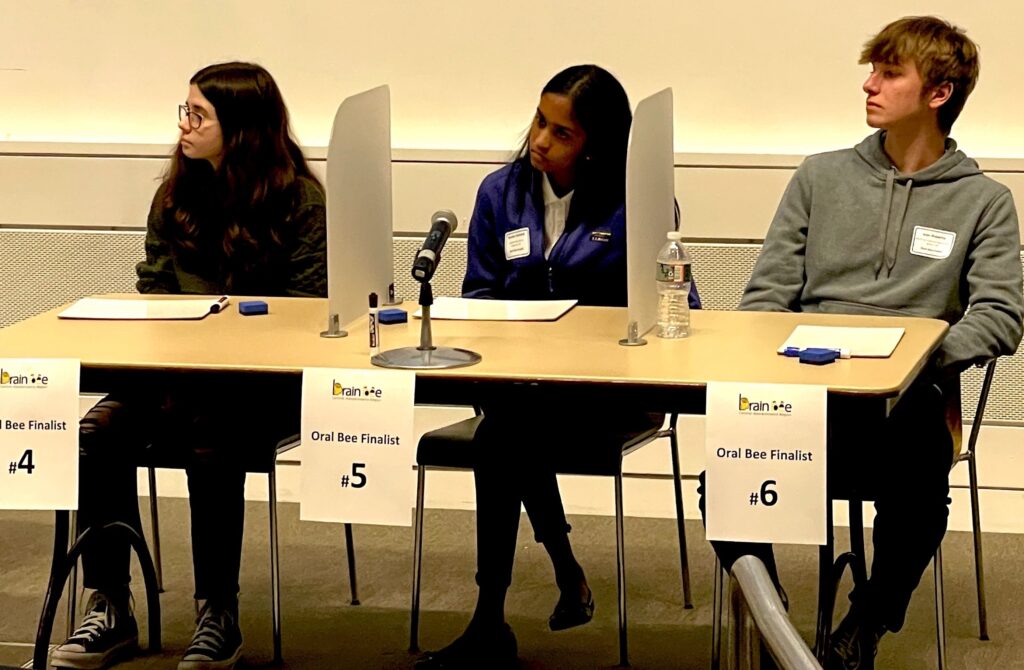
HHS junior Nandita Ramesh (middle) sits between Northbridge High School’s Caroline O’Brien and Nashoba Regional’s Ivan Roberts during the Brain Bee competition on March 18.
Five students from Hopkinton High School were among the nine finalists at the 17th annual Central Massachusetts Brain Bee hosted by UMass Chan Medical School on March 18.
The Brain Bee tests high school students’ knowledge of neuroscience by asking them questions of increasing difficulty drawn from materials they studied in advance.
Four competitors remained tied by the 14th question, with Ivan Roberts of Nashoba Regional High School, the only contestant to answer the 15th question correctly, achieving the win.
Finishing in second place was HHS junior Srilakshmi Venkatesan, who earned the runner-up slot following a series of tie-breaking questions with two other competitors.
Placing third was Nandita Ramesh, a junior at HHS, who tied with Caroline O’Brien of Northbridge High School.
Other finalists from HHS were Abhishek Sakti Kannan, Prisha Shrivastava and Vaagmi Shulka.
Venkatesan co-founded the Neuroscience Club at school. She is eager to pursue neuroscience as a career.
In addition to using the study resources available to all members of the club, Venkatesan said she decided to investigate more about neuroscience in her own time, “discovering diseases, nerve pathways and the applications of neuroscience research.”
She described the Brain Bee as “quite amazing.” Venkatesan noted, “The questions were all from material that I had covered in my own time, and I found the experience to be one of my favorite competitions yet.”
Ramesh found the experience rewarding overall. She said she began studying for the Brain Bee at the start of the school year along with other members of the Neuroscience Club by making slideshows from various chapters of the Brain Facts textbook.
All group members gained a deeper understanding of neuroscience whether they planned to compete or not, she said.
“A month before the competition, I had to do a lot of review on my own time as part of the more rigorous studying,” Ramesh recalled.
Shrivastava said she took charge of leading optional study sessions over February break and also created study guides for each chapter as a resource for herself and others.
“I ended up doing a good amount of studying the week before the competition, even with beginning the preparation process months in advance,” Shrivastava said.
Although competing in front of the audience was a bit nerve-wracking, Ramesh noted that the organizers made the event less stressful for competitors.
Shrivastava said she felt very nervous while competing but looked at the event as a “new opportunity,” and, “I just wanted to see how far I could take it.”
Added Shrivastava: “The finalists’ round on the state level was in person, though, and they all did such a great job of maintaining a lighthearted atmosphere that even after I lost, I was still enjoying it.”
Serving as master of ceremonies was Sheldon Benjamin, M.D., professor and vice chair for education in the Department of Psychiatry. Benjamin co-organized the event with David Weaver, Ph.D., professor of neurobiology, director of the graduate program in neuroscience and executive director of the NeuroNexus Institute.
Neuroscience researcher Kale Edmiston, Ph.D., and chief resident in neuropsychiatry Taylor Young, M.D., served as judges for the event.
Shrivastava said she has been interested in biology since elementary school and in psychology and neuroscience since middle school.
“As an introvert, I see psychology and neuroscience as ways to better understand people,” she said. Shrivastava is looking to pursue medicine as a career.
“Even if I don’t major in neuroscience, it will still be part of my career,” she added.
The winner advances to the national competition at the University of California, Irvine. The national champion receives a cash prize and becomes eligible to compete in an international event in conjunction with the American Psychological Association meeting in Washington in August.


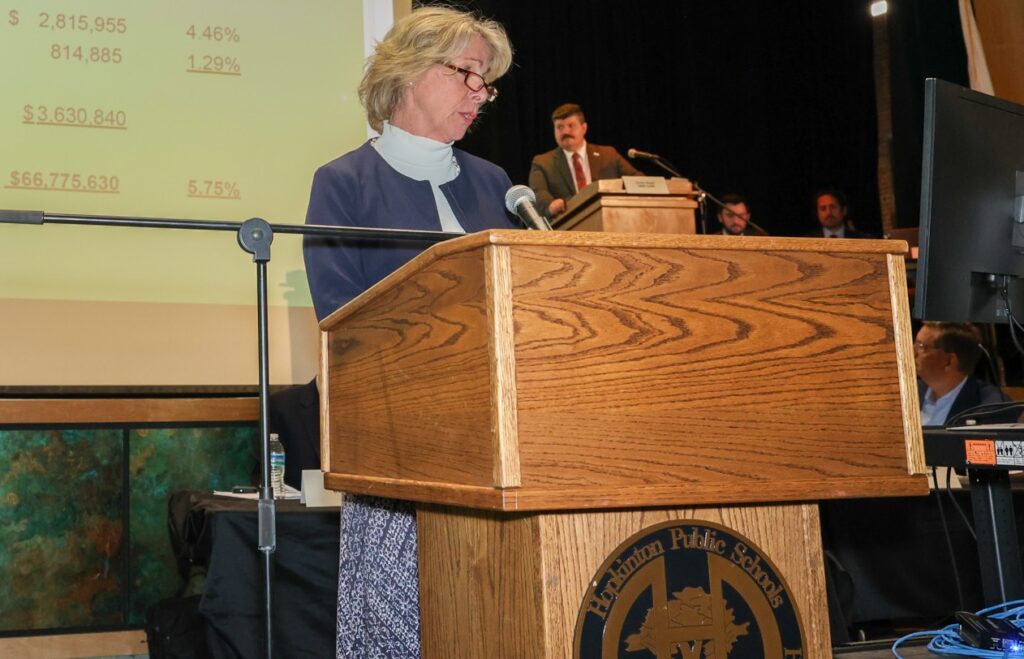
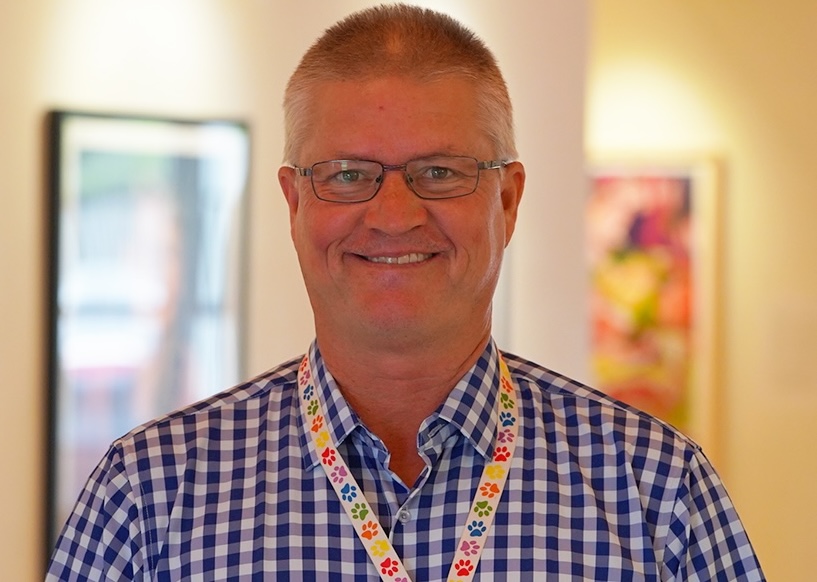
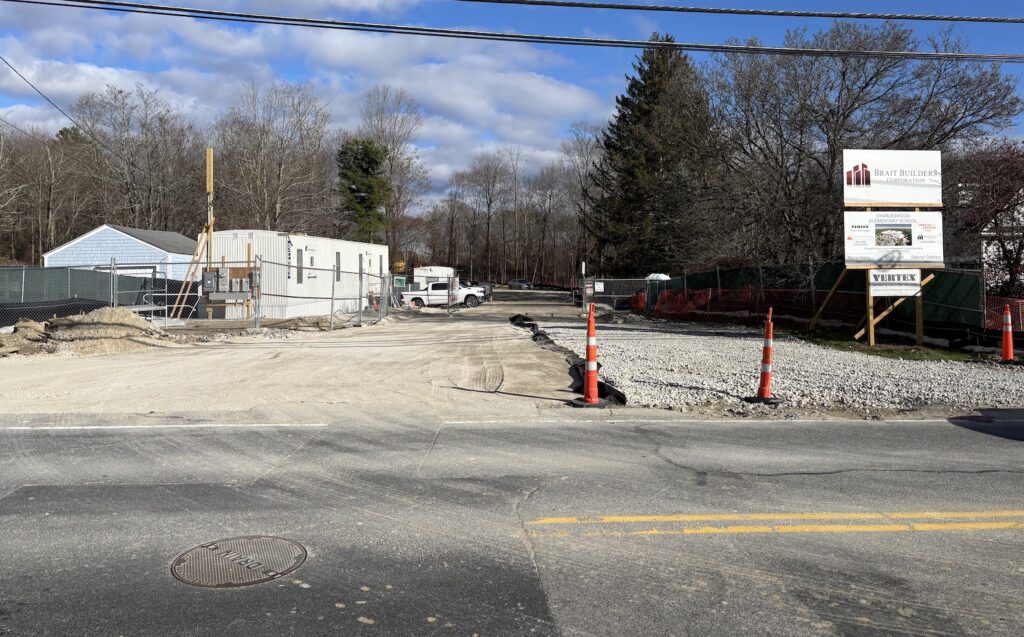
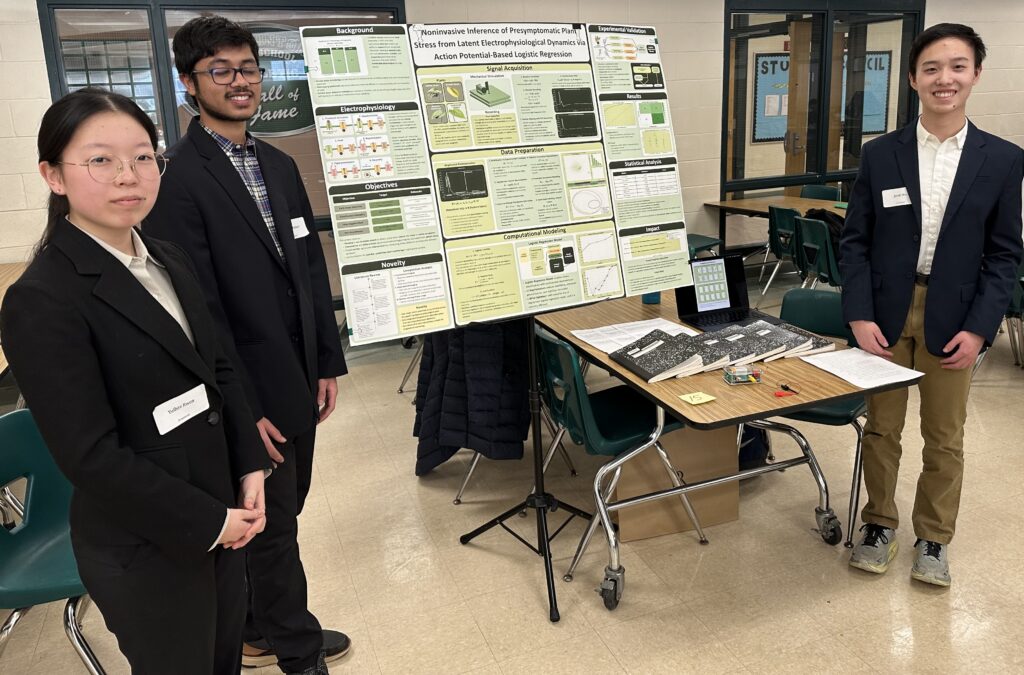
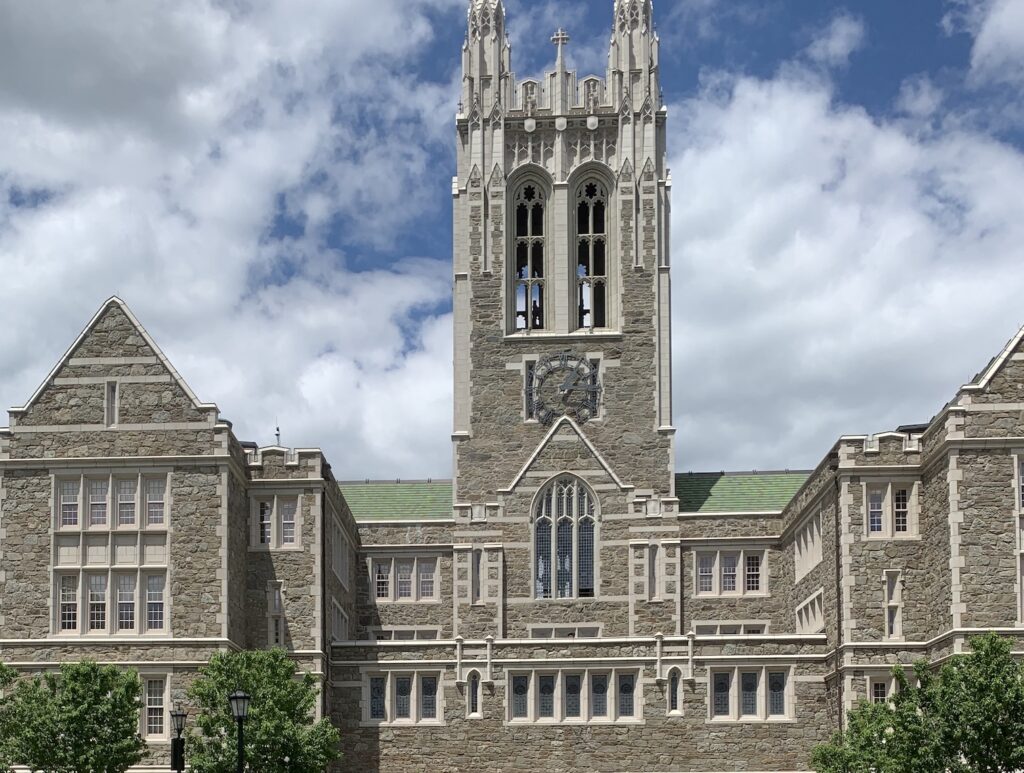
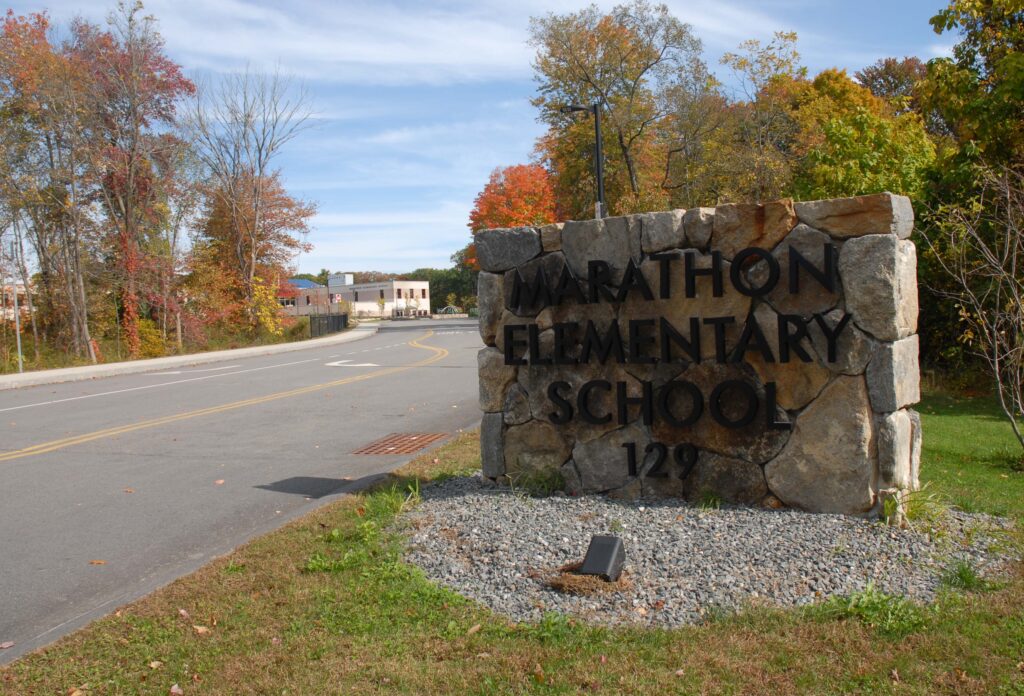













0 Comments